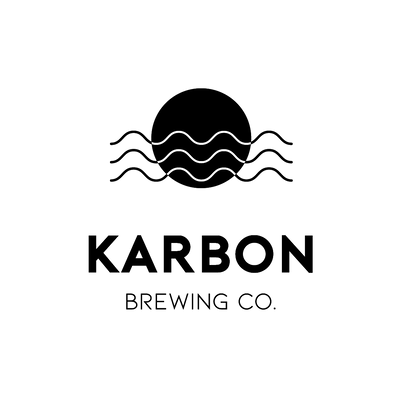Corporate Intersectional Environmentalism by Alex Kaiser
April 26, 2022
Every environmental undertaking needs to look at the people who are concerned by it; social issues like poverty and well-being are intersected with economic activities such as re-/distribution and use of natural resources, industrial production practices and waste management.
As a business which works towards a healthy planet, Karbon Brewing Co. takes into consideration the people living on it, and looks at business making through an intersectional environmentalism lens. Social justice is closely tied to environmental justice. Underrepresented communities in the Global North often lack access to clean, safe, running drinking water, clean air, sufficient land to sustain their livelihoods (to only name the most obvious) with negative effects on their physical and mental health and ultimately their economic forthcoming; communities of the Global South experience other equally severe, more indirect effects of current business practices such as waste dumping or reduced sea water levels affecting drinking water sources (to name a few).
Major elements of environmental justice include equal enforcement of laws and regulations, identifying and eliminating discriminatory practices and policies to avoid negative effects on a certain population. We at Karbon Brewing Co. therefore apply a holistic approach to our decision making in order to achieve an outcome that can be sustained both socially and environmentally.
Wanting to be a leader in sustainable brewing and standing against exploitation of natural resources, we want people to think of beer as a product of land and labor. This contextual approach allows us to ask where the resources we need to produce beer come from and who will be affected by it, rather than merely asking how much is needed and how we can reduce the quantity we use in the brewing process.
As business leaders we must consult local communities who will be affected by our work and ask the necessary questions to redefine our day-to-day business practices. Their feedback on the wider context will shape corporate decision making and help define our commitments and limitations. This multifaceted approach invites everyone from peer businesses and partners to local initiatives and governments to ask a few questions when it comes to planning and decision-making:
- How was a problem identified and who is giving an answer? In what way can we identify the effects of our operations on the social and environmental realms and include the ideas and concerns from communities most affected by it.
- Who was consulted and who was not involved? In alignment with international treaties, responsible businesses include Indigenous Peoples in decision making and address the well-being and opportunities facing Indigenous Peoples.
- Are we changing the way that resources are produced and/or distributed? Especially manufacturing industries need to evaluate ecosystem services (e.g. pollination of hops, water used) that are crucial to the livelihoods for many vulnerable communities to assure fair re-/distribution of natural resources.
- What type of evidence do we use and how is knowledge applied? New partnerships with community groups, local governments and green suppliers will be essential to focus on integrating traditional knowledge and applied sciences as a contribution to reducing economic inequalities.
This could very concretely refer to monitoring our waste streams and their impact of livelihood. It also refers to capping our production to a healthy limit, to reinvesting profits in accordance with the community needs, to increasing employment opportunities for at-risk populations, to improving infrastructure, and to broadening the supplier ecosystem while applying high environmental and social standards.
The goal is to protect our common future existence. For this reason a holistic, intersectional approach needs to be activated within private and public entities, we need to allocate time, space and funding in order to have these conversations. It is a sophisticated undertaking, but one that is needed to sustain.
This blog was inspired by Leah Thomas, Intersectional Environmentalist



